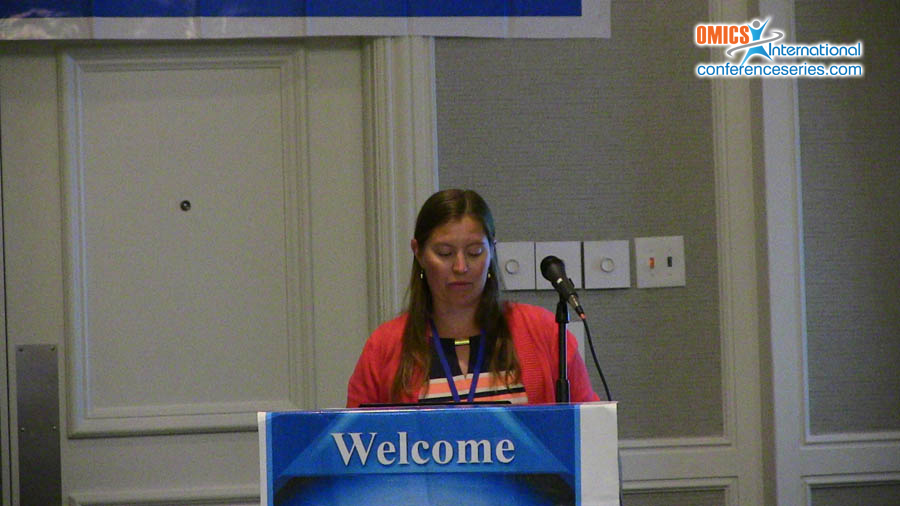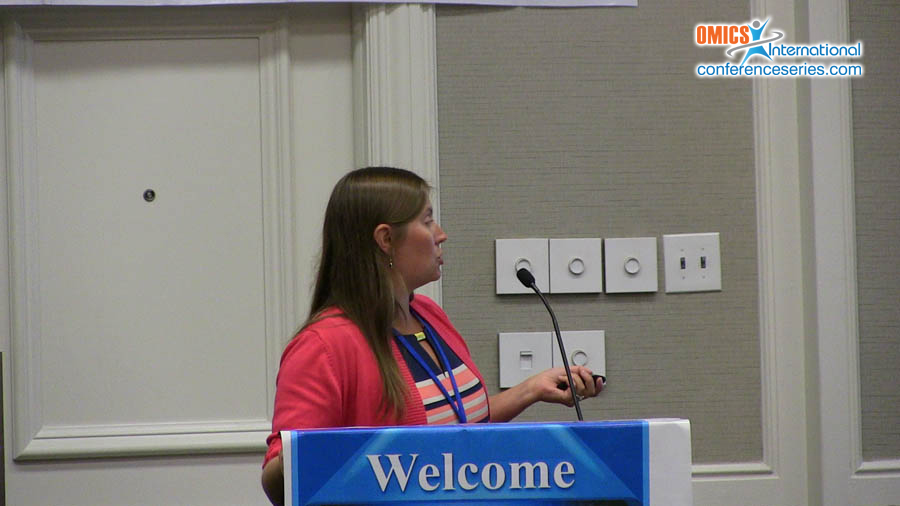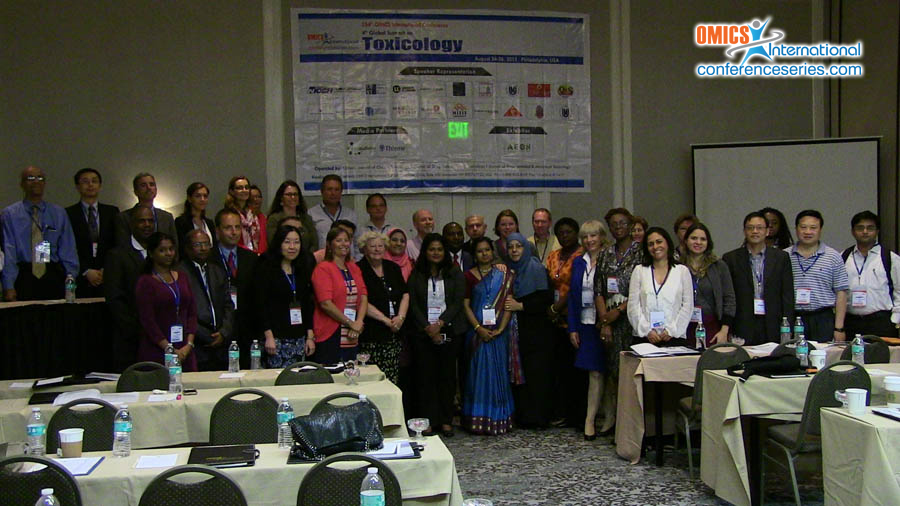
Mary M Staehle
Rowan University, USA
Title: Schmidtea mediterranea: A new animal model for neurodevelopmental toxicology studies?
Biography
Biography: Mary M Staehle
Abstract
Schmidtea mediterranea (Smed) planaria are small, freshwater flatworms with a centralized nervous system, a sequenced genome, and a large population of pluripotent stem-like cells known as neoblasts. These worms have remarkable regenerative capabilities, including the ability to regenerate any or all of the nervous system. We hypothesize that head regeneration in Smed is analogous to neurodevelopment in higher level organisms like humans and that these processes require similar mechanisms such that characterization of the disruption of head regeneration in Smed provides insight into neurodevelopmental effects in humans. We have tested this hypothesis with exposure to two known teratogens: ethanol and bisphenol A (BPA). Our results indicate that the reacquisition of cognitive function in head-regenerating Smed exposed to either of these is delayed, as evidenced by delayed movement-normalized photophobic behaviour. This suggests direct effects on neuro regenerative processes that can be characterized at the molecular level. We have also begun to use this system to assess BPA-alternative materials. Taken together, our results suggest that the Smed could be a “coal-mine canary” for neurodevelopmental effects of novel materials.
Speaker Presentations
Speaker PPTs Click Here





